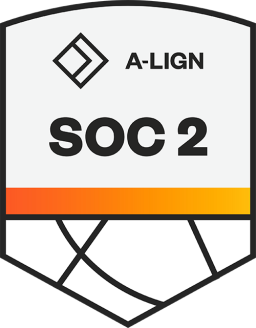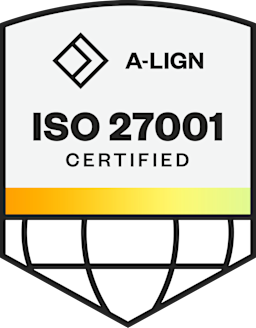New York, January 25, 2022 -- There is a significant disconnect between the customer experience (CX) brands believe they are delivering and how their customers actually view that experience, according to an IDC White Paper, commissioned by Emplifi, a leading unified CX platform provider. The research highlights that companies need to recognize this gap and then focus on closing that gap, which is going to require significant change on the part of the company along with the adoption of new ideas, processes, and technologies to meet the changing needs of digital-first consumers.
Key findings:
77.3 percent of brands believe CX is a key competitive differentiator
87 percent of companies stated they provide excellent CX
Only 11 percent of customers agreed that companies did an excellent job with CX
72 percent of brands don't consider this gap significant
"Most companies remain painfully unaware of the gap between the experience they believe they are providing and the experience the customer actually receives," notes Alan Webber, IDC's Program Vice President for Digital Strategy and Customer Experience, who authored the report. "Companies that seek to close that gap will need to adopt new CX business processes and technologies if they expect to remain relevant and competitive."
The pandemic has forced brands to shift rapidly to a digital-first environment, and not every company was ready to make that leap, explains Webber. Brands hoping to improve their CX need to implement four fundamental strategies regarding culture, customer needs and expectations, and essential technology platforms, according to the research.
Build a culture around CX. Too many brands treat customer experience as a siloed function or divide responsibility - between multiple entities within the organization. The result is a disjointed and unsatisfying customer journey. Customer experience needs to align directly with the success of the organization.
Focus on customer needs. Knowing why people are coming to your company -- and how those needs evolve over time -- is essential to CX success. This is especially crucial during times of rapid change, such as a global pandemic.
Understand customer expectations. Too many brands assume they know what customers expect of them without even asking. Surveying customers and paying closer attention to Net Promoter and Customer Satisfaction scores are a good start toward understanding expectations.
Adopt appropriate technology platforms. Companies need to collect the right data, focus on improving omni- and cross-channel experiences, and optimize self -service when possible. A solid CX platform can provide those things, but only after culture, needs, and expectations are aligned, says Webber.
"Delivering an excellent customer experience is table stakes for success in the digital age, yet many companies still fall short," notes Zarnaz Arlia, CMO, Emplifi. "The IDC research confirms much of what we already know: Companies need to level up their CX processes and technologies to provide service at a level most consumers have come to expect."
The IDC White Paper, sponsored by Emplifi, “Bridging the Gap Between the Experience Customers Want and the Experience You Provide” (doc ##US48507821, January 2022) provides research findings and advice for organizations hoping to improve their CX processes, and can be downloaded here.
About Emplifi
Emplifi is the leading unified CX platform that brings marketing, commerce, and care together to help businesses close the customer experience gap. More than 7,000 brands, including Delta Air Lines, Ford Motor Company, and McDonald's, rely on Emplifi to provide their customers with outstanding experiences at every touchpoint. For more information, visit www.emplifi.io.
























